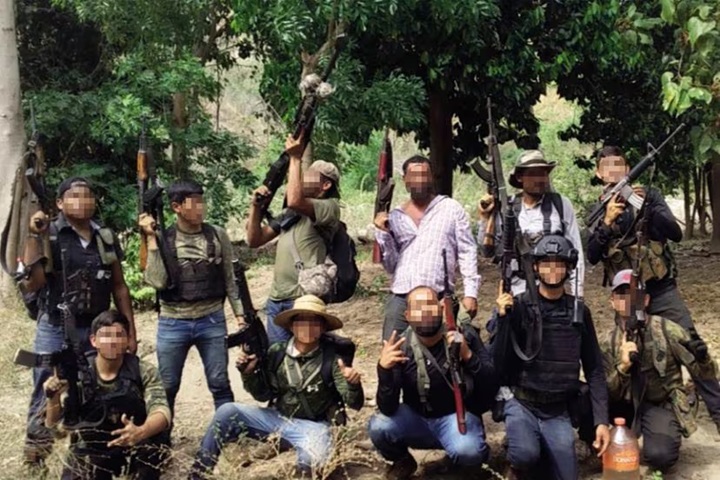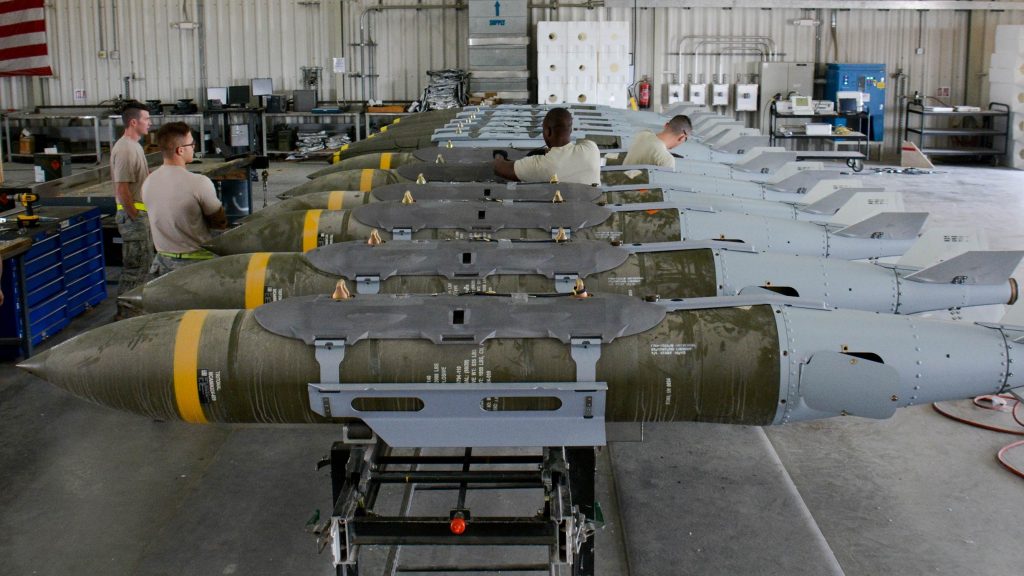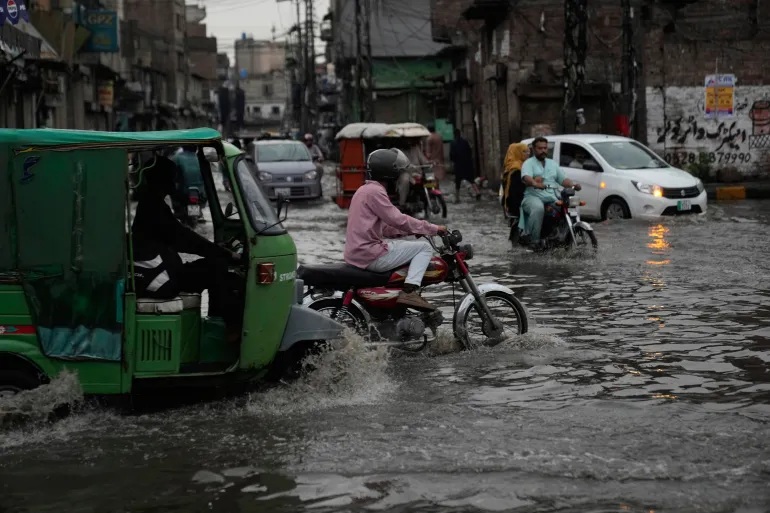News
UN Agencies: Israel’s aid plan puts Gaza’s lives at risk

International aid organizations issued a dire warning on Friday, May 9, 2025, stating the challenges with Israel’s proposed plans to control humanitarian aid distribution in Gaza, alongside a U.S.-backed initiative.
They said Israel’s plans would only deepen the humanitarian crisis and result in more suffering and deaths.
Gaza has been under a complete Israeli blockade for nearly 10 weeks.
During this period, there was severe restriction in the entry of food, medicine, and other essential supplies.
This reportedly led to alarming levels of malnutrition and hunger among the Palestinian population.
Humanitarian agencies urged Israel to lift the ban on aid immediately.
“Humanitarian aid should never be used as a bargaining chip,” said James Elder, spokesperson for UNICEF, during a press conference in Geneva.
Meanwhile, U.S. Ambassador to Israel Mike Huckabee announced that a new system for delivering aid into Gaza was being finalized.
He also announced that shipments could begin “very soon.”
Though details were pending, he claimed that Israel would not be directly involved in the distribution.
Instead, private security firms would manage logistics and protection, while the Israeli military would oversee the perimeters from a distance.
“I will be the first to admit it will not be perfect, especially in the early days,” Huckabee acknowledged.
One proposed plan is said to be coming from the newly formed Gaza Humanitarian Foundation.
It is reportedly a U.S.-backed group consisting of former government and military officials, American security contractors, and humanitarian personnel.
Documents reviewed by the Associated Press reveal that the foundation’s proposal largely aligns with Israel’s preferences.
However, it remains unclear if this is the initiative Huckabee referred to.
Aid workers have expressed skepticism, stating that the group’s formation does little to address their primary concerns.
For weeks, Israel has discussed implementing a new aid system, but has not provided public details.
The United Nations and most humanitarian groups, who have managed aid distribution in Gaza since the war began, have refused to participate.
According to them, the plan, as discussed privately, violates core humanitarian principles.
Under the plan, distribution hubs would be created inside Gaza, requiring Palestinians to travel to specific locations to receive aid.
Armed security companies would manage transportation and guard the hubs, while Israel would also screen recipients, aid workers said.
Elder criticized the plan, suggesting it was designed to use life-sustaining resources as leverage.
He stressed that it failed to meet Israel’s international legal obligations to allow and facilitate impartial humanitarian assistance.
Elder also warned that the proposal would force internal displacement “for political and military purposes,” pushing Palestinians to relocate nearer to distribution centers.
This, he said, would particularly endanger vulnerable populations – children, the elderly, and the sick, who may not be able to reach those hubs.
Additionally, distributing aid in militarized zones puts civilians at risk. “More children are likely to suffer and risk death and injury as a consequence of this plan,” Elder said.
“There is a simple alternative. Lift the blockade, let humanitarian aid in, save lives.”
Although Huckabee has urged U.N. agencies and independent humanitarian organizations to participate in the new mechanism, their reservations persist.
Jens Laerke, spokesperson for the U.N. Office for the Coordination of Humanitarian Affairs (OCHA), said on Friday that multiple meetings with Israeli officials have failed to resolve U.N. concerns.
“The current shape that we have been briefed about… would not allow us to resume lifesaving activities at the scale that was possible prior to the total blockade of Gaza,” Laerke stated.
The blockade, imposed by Israel on March 2, was followed by a renewed bombardment that ended a two-month ceasefire.
Israel claims these measures are meant to pressure Hamas to release hostages and disarm.
Human rights groups have condemned the blockade, labeling it a “starvation tactic” and a possible war crime.
Israel argues that aid cannot resume until a new system is in place to prevent militant groups from diverting supplies.
However, the U.N. and humanitarian agencies deny significant diversion, stating that their aid operations are strictly monitored.
Previously, U.N. agencies, including UNRWA—the main provider of aid to Palestinian refugees, distributed supplies at hundreds of locations across Gaza.
That operation has ceased since Israel banned UNRWA, accusing it of Hamas infiltration.
UNRWA denies these claims and says it swiftly removes any staff suspected of ties to militants.
Juliette Touma, spokesperson for UNRWA, emphasized that no other organization has the capacity to replace it in serving Gaza’s 2.3 million residents.
“We are the largest humanitarian organization. We have the largest reach,” she said.
The agency also provides shelters, manages warehouses, and operates transportation for aid delivery.
“It is very, very difficult to imagine any humanitarian operation without UNRWA.”
The Gaza Humanitarian Foundation’s proposal suggests beginning with four distribution sites, each serving 300,000 people, covering roughly half of Gaza’s population.
Over time, it aims to expand coverage to 2 million people.
However, the proposal lacks a concrete timeline.
Subcontractors would use armored vehicles to transport supplies from the border to the hubs.
According to the Associated Press, they would also providing security to prevent interference from criminal gangs or armed factions.
Touma highlighted that allegations of aid diversion are difficult to refute without independent media or monitors, both of which Israel has barred from Gaza.
She noted that during the ceasefire, incidents of looting significantly decreased.
Laerke echoed this, stating that isolated cases of truck looting are not the primary obstacle.
“The problem is the blockage of hundreds of aid trucks that should go into the Gaza Strip every single day.
That is the root cause of the humanitarian crisis there,” he concluded.
For Diaspora Digital Media Updates click on Whatsapp, or Telegram. For eyewitness accounts/ reports/ articles, write to: citizenreports@diasporadigitalmedia.com. Follow us on X (Fomerly Twitter) or Facebook











